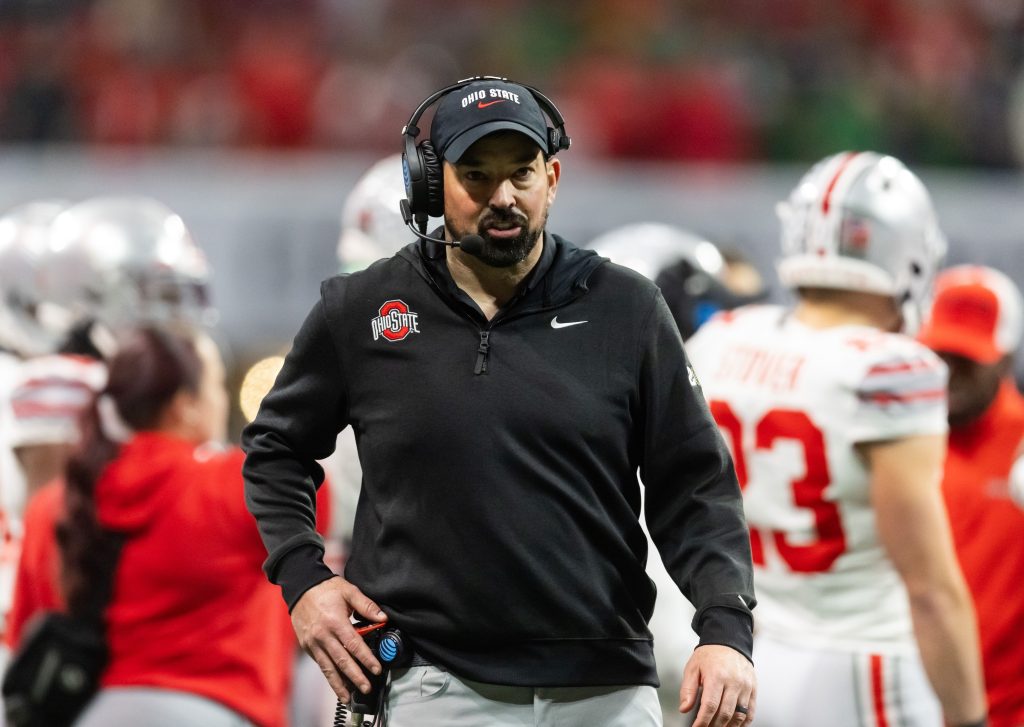North Carolina made a shocking move in the college football world on Wednesday by hiring none other than Bill Belichick, the legendary NFL coach who led the New England Patriots to six Super Bowl championships. At 72 years old, Belichick is stepping into the FBS arena, replacing Mack Brown, who is also 73. This unexpected hire has left fans and analysts alike buzzing with questions: Is this a genius move? A surprise disaster? Or something else entirely?
Belichick’s decision to transition from the NFL to college football is certainly a departure from the norm. Typically, we see college coaches struggle in the NFL, with notable examples like Steve Spurrier and Urban Meyer. Conversely, coaches like Nick Saban and Pete Carroll have successfully made the leap from the NFL to college football, achieving great success. So, what can we expect from Belichick in the ACC? How will he adapt his extensive NFL experience to the collegiate level?
Belichick’s unique background in college football
While Belichick may not have direct college coaching experience, he does have a connection to the college game. He attended Wesleyan University in Connecticut, but his coaching career has been exclusively in the NFL since 1975. Interestingly, his father, Steve Belichick, served as the running backs coach at North Carolina from 1953 to 1955, providing a unique familial tie to the program.
Despite his lack of FBS head coaching experience, there are parallels to be drawn with other successful coaches who made the leap. For example, Deion Sanders transformed Colorado from a one-win team to a nine-win team in just one season. If Sanders can attract recruits and build a competitive program, why can’t Belichick, a six-time Super Bowl-winning coach, do the same?
Recruiting challenges and opportunities
One of the pressing questions surrounding Belichick’s new role is how he will connect with younger high school players. Critics may speculate about his ability to relate to this demographic, but let’s not underestimate the power of his reputation. Who wouldn’t want to play for a Hall of Fame coach? Imagine the buzz when former players like Tom Brady and Rob Gronkowski visit Chapel Hill. Social media will undoubtedly explode with excitement.
Moreover, high school coaches across the country respect Belichick. He made a significant impression at an Ohio State coaches clinic in 2017, where attendees eagerly recorded his insights. The recruiting landscape has also evolved with the introduction of Name, Image, and Likeness (NIL) deals, which could work in North Carolina’s favor. The Tar Heels struggled in recruiting during the 2025 cycle, finishing with the worst class in the ACC after Brown’s departure. However, Belichick has the potential to turn that around, leveraging his NFL pedigree to attract talent.
Comparing Belichick to Bill Walsh
To understand what Belichick aims to achieve at North Carolina, we can look to Hall of Fame coach Bill Walsh, who took the helm at Stanford after his successful tenure with the San Francisco 49ers. Walsh won three Super Bowls and introduced the West Coast offense to the NFL. When he transitioned to Stanford in 1992, he was nearly three decades removed from his previous coaching stint there.
Walsh’s first season at Stanford was a resounding success, finishing with a 10-3 record and defeating five ranked teams. However, the following years were less impressive, as he posted a 4-7 record and a 3-7-1 record in his last two seasons before retiring. Despite the ups and downs, Walsh’s impact on the game and his role in popularizing college football in the 1990s cannot be understated. Can Belichick replicate that success?
What does the future hold for Belichick at North Carolina?
Belichick inherits a program that has seen moderate success in recent years. Under Mack Brown, the Tar Heels compiled a 44-33 record over six seasons and even reached the ACC championship game in 2022. The conference has shown parity, with teams like Clemson and SMU making waves in the College Football Playoff. This sets the stage for Belichick to make a significant impact, similar to the splash Deion Sanders made at Colorado.
As the Tar Heels prepare for their season opener against TCU on August 30, excitement is palpable. North Carolina also has home games against powerhouse teams like Clemson and Duke, providing opportunities for Belichick to showcase his coaching prowess. While the long-term implications of this hire remain uncertain, one thing is clear: the Tar Heels have become one of the most anticipated teams in college football for the upcoming season.
Can Belichick succeed in college football?
The question on everyone’s mind is whether Belichick can succeed at North Carolina. The comparison to Walsh is fitting, but it’s important to note that Walsh was 61 when he took the Stanford job, while Belichick will turn 73 in April. This makes the transition a risky endeavor, but Belichick’s reputation as one of the greatest defensive minds in football history cannot be overlooked.
As we look ahead to the 2025 season, the excitement surrounding Belichick’s new role is undeniable. Will he bring his NFL expertise to the college level and redefine what it means to be a coach in the ACC? Fans and analysts alike are eager to find out. One thing is for sure: we can’t wait to hear Belichick say, “We’re on to Wake Forest.” The journey has just begun, and the college football world is watching closely.





























